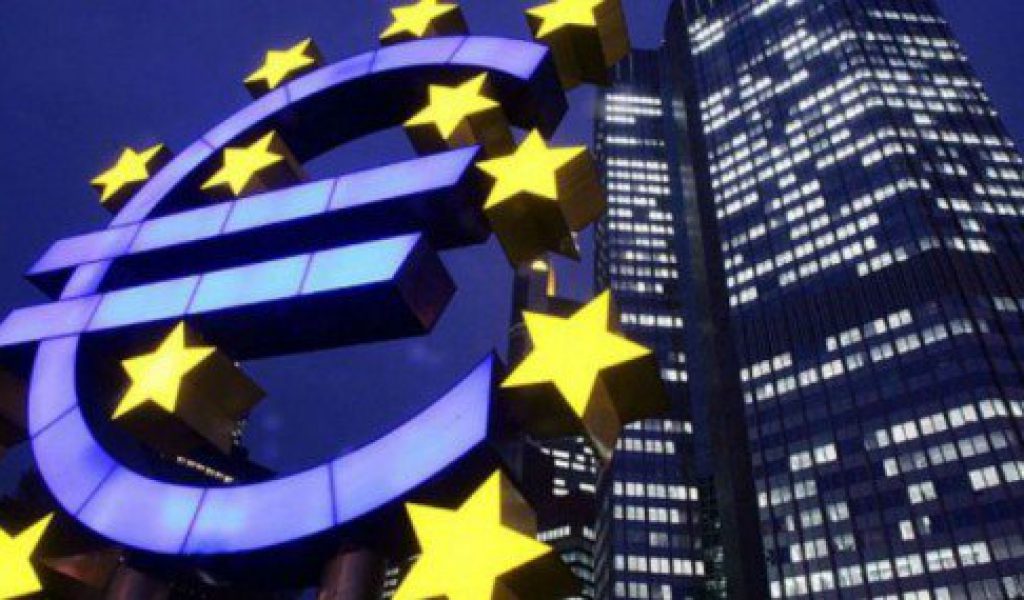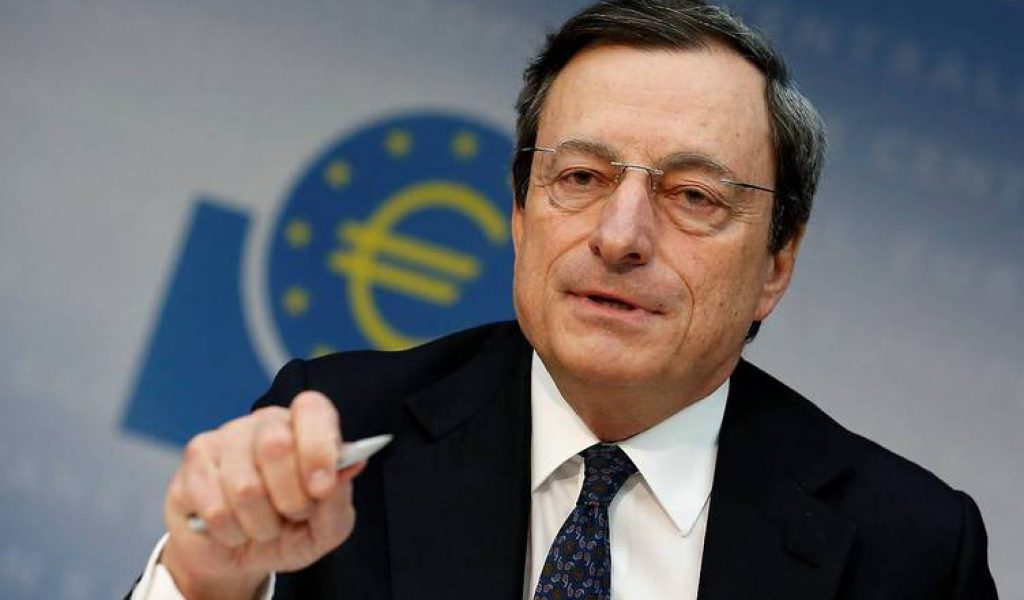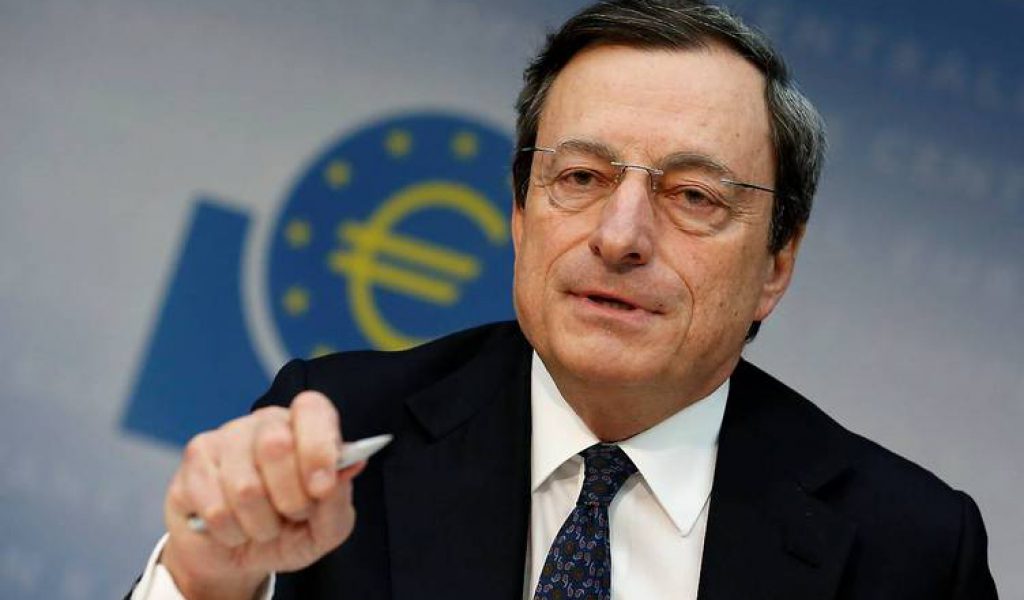Draghi: Italexit ? It’s only a fantasy tale
The idea of Italy leaving the eurozone, or ‘Italexit’, "does not have the slightest basis" in fact, European Central Bank President Mario Draghi said Wednesday in a verbal tussle with a Dutch MP. Draghi repeated that the euro is "irrevocable, and that’s what the Treaty says".
Confronted with the possibility of the Netherlands quitting Europe’s monetary union by Eurosceptic MP Thierry Baudet, an angry Mr Draghi said: “The euro is irrevocable. This is the treaty. I will not speculate on something that has no basis.”
Highlighting the ECB’s role in the eurozone’s economic recovery, he said policies had helped create 4.5m jobs. “That’s the reality, the rest is speculation." In other remarks, Draghi said it was "up to the eurozone countries to prepare for the end of quantitative easing".









